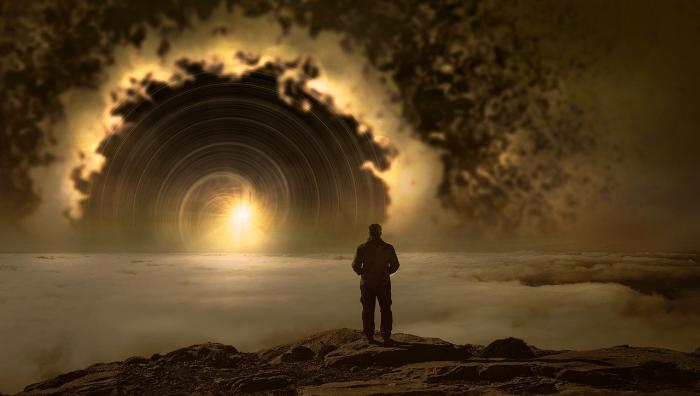
According to neuroscientists at Georgetown University, people who can unconsciously predict intricate patterns are likely to have stronger beliefs that there is a God who creates patterns of events in the universe.
This ability is known as implicit pattern learning, and this research is the first to use it to investigate religious belief. Research suggests that implicit pattern learning provides a key to understanding religions.
The study published in the journal Nature Communications, looked at two different cultural and religious groups, one in the U.S. and one in Afghanistan.
“Belief in a god or gods who intervene in the world to create order is a core element of global religions,” said the study’s senior investigator, Adam Green, in a news release.
Green is also an associate professor in the Department of Psychology and Interdisciplinary Program in Neuroscience at Georgetown, and director of the Georgetown Laboratory for Relational Cognition.
“This is not a study about whether God exists, this is a study about why and how brains come to believe in gods. Our hypothesis is that people whose brains are good at subconsciously discerning patterns in their environment may ascribe those patterns to the hand of a higher power,” he added.
The test asked participants to press buttons that linked with a sequence of dots that rapidly appeared and disappeared on the computer screen.
Those participants with the strongest implicit learning ability were able to learn the dot sequence pattern subconsciously. Participants were not aware that the dots followed a pattern.
The follow-up surveys allowed the research team to link implicit learning and religious beliefs between the two groups.
Their research reinforced the prominent incidence of implicit learning among true believers of God.
They also found that implicit pattern learning ability was greatest with participants who believe in a God who intervenes to establish order in the universe, Science News reports.
“The most interesting aspect of this study, for me, and also for the Afghan research team, was seeing patterns in cognitive processes and beliefs replicated across these two cultures,” said Zachery Warren, a Georgetown neuroscientist
“Afghans and Americans may be more alike than different, at least in certain cognitive processes involved in religious belief and making meaning of the world around us. Irrespective of one’s faith, the findings suggest exciting insights into the nature of belief,” he added.


